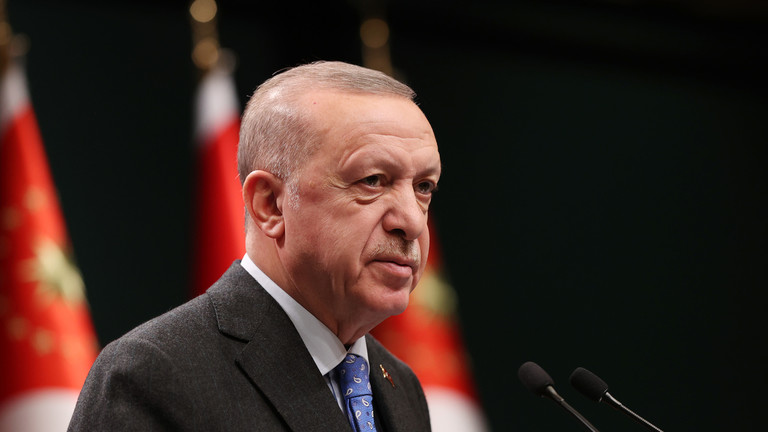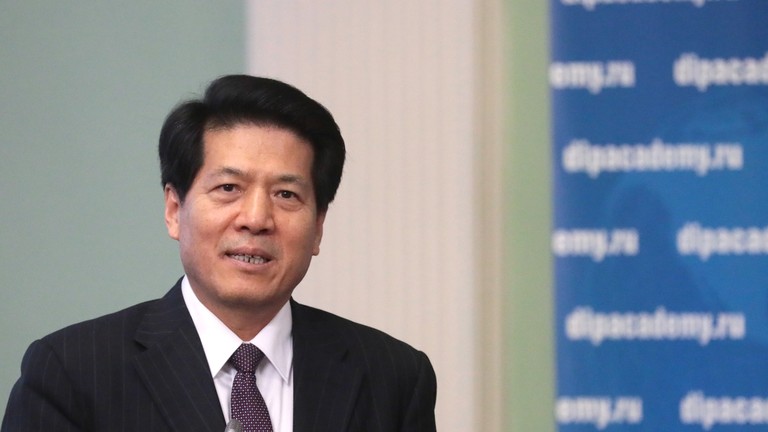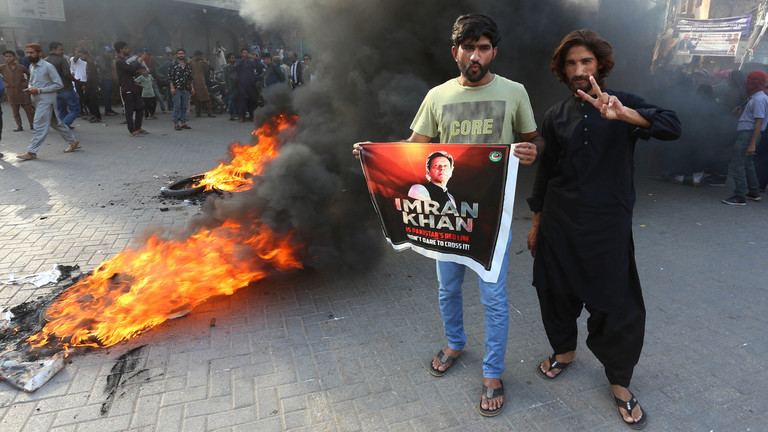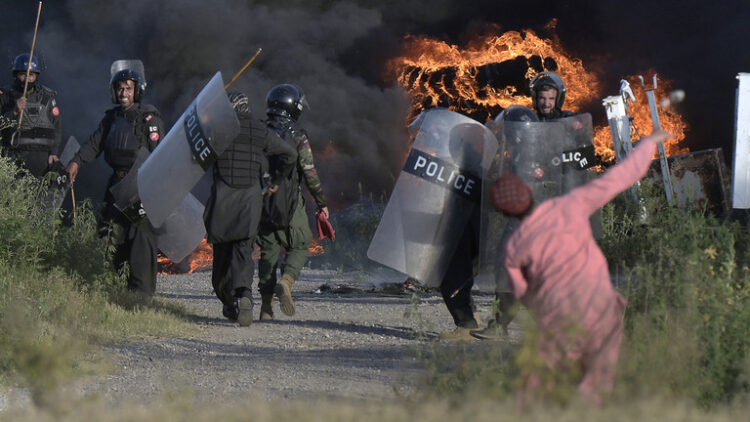President Macron’s decision to return France to lockdown could have serious repercussions, particularly if he has to borrow heavily from the European Union to compensate struggling businesses.
It’s common for French hospitals to be overwhelmed by seasonal viruses. French newspaper headlines dating back to January 2017 and January 2018 refer to hospitals being overwhelmed by the simple flu. The government has never bombarded those of us who live in France with daily infection rates, then sent healthy citizens into house arrest for months – until now. It’s worth asking why.
At the beginning of September, two high-ranking sources – one retired from the French Interior Ministry, the other a retired general – said that France would be sent back into total lockdown by the beginning of November. Their assertion was hard to believe, given that, at that point, everything had nearly returned to normal in the wake of the two-month total lockdown from March to May, which relegated the entire country’s population to their homes for 23 hours per day under the pretext of Covid-19. One even proposed a date for the next lockdown: October 29.
Fast forward to the end of September. Bars, gyms and swimming pools are ordered closed, followed a couple of weeks later by an imposed curfew in major metropolitan areas from 9pm to 6am. Then on October 28, French President Emmanuel Macron addressed the nation to announce a second full national lockdown to begin at midnight on October 29.
Only this time, it would be slightly different, Macron said. Education and work would continue. Schools would remain open, but universities and virtually everyone else not working in a factory, field or public service, would have to transition to remote working from home online – subsequently described on the government’s website as “100 percent mandatory wherever it’s possible.”
This crisis is serving as an accelerator, resulting in the implementation of certain measures that the leadership in Paris and Brussels have been keen to invoke for some time. Macron, the minister of economy and industry during the tenure of former French president Francois Hollande, has long been pushing for a massive digital transition.
Already on September 14, Macron announced €7 billion in investment in the digital economy, with €2.3 billion specifically allocated to “accelerating the digital transition of businesses.”
Les entreprises du numérique ont eu un rôle déterminant pendant la crise du Covid-19 !C’est parce que nous comptons sur elles dans cette phase de relance que 7 milliards d’euros seront investis dans la tech. #FranceRelancepic.twitter.com/lXjWRSVbb7
— Emmanuel Macron (@EmmanuelMacron) September 14, 2020
This second Covid-19 lockdown conveniently advances that long-desired objective to have everyone working from home. Macron said in his address to the nation that remote working would be “generalized.” And he added, “The government will support very small enterprises / small and medium enterprises, as well as artisans who will undertake digitization procedures.”
Covid has now effectively become a pretext for nothing short of a total labor revolution – one that just happens to align with the European Union’s stated commitment to “being a frontrunner in implementing the 2030 Agenda For Sustainable Development, together with its member states.” According to the supranational government’s website: “The EU has embarked on a transition towards a low-carbon, climate neutral, resource efficient and circular economy that goes hand in hand with increased security, prosperity, equality and inclusion.” Massive teleworking conveniently aligns with that objective.

The drastic measures introduced by Macron amid the sanitary crisis are also chipping away at France’s sovereignty, increasing its dependence on the political powers of the European Union in Brussels that control the European Central Bank (ECB) responsible for alleviating French debt.
Macron has promised French businesses, forced into administrative closure under this new lockdown, that the government will cover most of the salaries of workers forced into partial unemployment, and up to €10,000 per month for lost business revenues.
France would have to borrow that kind of money, and has turned to the European Union and the European Central Bank (ECB), an entity which is controlled collectively by a giant black box of European Union politicians and advisers.

We have already witnessed how little control Greece had over its own economy when its insolvency in 2010 created a reliance on the ECB and the European Union for a bailout. Whoever pays ends up calling the shots, by opting to drive France deep into debt and beg for financial support from the European Union, Macron is selling out France’s independence as a nation-state.
Macron has never been shy about advocating in favor of increased European integration. For example, he has been one of the primary proponents of the relatively new concept of collective European defense. It’s been a pillar of a pan-European integration strategy that Macron has advanced openly since his election in 2017.
Macron has always seemed far more interested in promoting his vision of a “sovereign, united, democratic Europe” than defending the independence of France. His vision of France as little more than one pillar of a larger supranational European entity just happens to be the major beneficiary of his own hyper-politicization of Covid-19 and the resulting authoritarian lockdowns.
Like this story? Share it with a friend!

 NEWS2 months ago
NEWS2 months ago
 NEWS2 months ago
NEWS2 months ago
 NEWS2 months ago
NEWS2 months ago
 INVESTMENTS2 months ago
INVESTMENTS2 months ago
 FINANCE2 months ago
FINANCE2 months ago
 FINANCE2 months ago
FINANCE2 months ago
 WAR2 months ago
WAR2 months ago

























